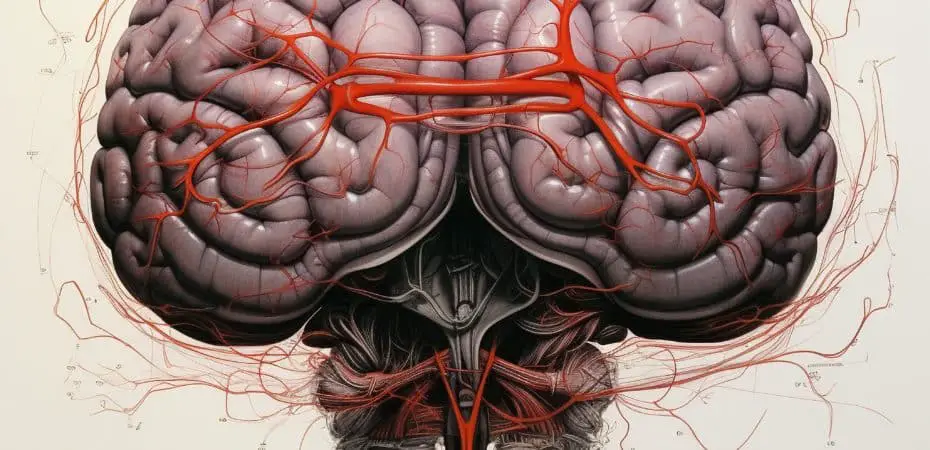Dementia Is Not Inevitable: 14 Factors That Can Reduce Cases By Up To 45%
According to research, these factors include treatable conditions and lifestyle habits that, with medical follow-up and sustained changes, can make a difference even in old age.
No cure, but can be delayed“We know that dementia still has no cure, but it can be delayed or even prevented with lifestyle change and appropriate medical follow-up,” explained Dr. Carolina Alfaro, a specialist in geriatrics, gerontology, and palliative medicine at the MediSmart network.
In addition to already known risks such as hypertension, untreated hearing loss, and obesity, the report adds two new factors: high LDL cholesterol and uncorrected vision.
“These findings add to the evidence on the importance of regular medical checkups, the use of glasses and hearing aids when necessary, and early treatment of chronic diseases,” the experts emphasize.
Risk factorsAccording to the study, it identifies 14 risk factors that, when modified, significantly reduce the likelihood of developing dementia:
Low educational level: staying cognitively active from childhood strengthens brain connections.
Uncorrected hearing loss: Using hearing aids reduces isolation and cognitive decline.
Poorly controlled diabetes: Ongoing medical management and strict glycemic control reduce brain and vascular risks.
High LDL cholesterol : A balanced diet and medical checkups help maintain healthy levels.
High blood pressure: Treating high blood pressure early protects brain health.
Smoking: Quitting smoking always improves vascular health and reduces cognitive decline.
Excessive alcohol consumption: Drinking in moderation protects both the liver and the brain.
Obesity: Excess weight is associated with chronic inflammation and diseases that affect the mind.
Social isolation: Maintaining an active social life stimulates the brain and prevents depression.
Untreated depression: Seeking psychological support improves quality of life and protects mental health.
Physical inactivity: Regular exercise improves circulation, regulates blood sugar, and strengthens the nervous system .
Head injuries: Avoiding falls and wearing protection when playing sports or driving reduces irreversible damage.
Environmental pollution: Prolonged exposure to polluting particles increases the risk of mental decline.
Uncorrected vision: Proper eyewear reduces isolation and stimulates brain activity.
Furthermore, the report highlights that these measures are most effective when adopted from childhood or middle age, although they continue to show benefits even in old age.
“Strengthening these habits from an early age and maintaining them throughout life is key to ensuring a more mentally clear and independent old age. The best tool will always be prevention,” Alfaro emphasized.->RESONANCE – Shifting Reality For those who have experienced shifts in consciousness and know that more peace, joy, and love awaits in a better living environment. A bold shared vision. A living community and hub for innovation. A sustainable ecosystem for living and working. A model for the new future.
Legal Disclaimer:
MENAFN provides the
information “as is” without warranty of any kind. We do not accept
any responsibility or liability for the accuracy, content, images,
videos, licenses, completeness, legality, or reliability of the information
contained in this article. If you have any complaints or copyright
issues related to this article, kindly contact the provider above.
Most popular stories
Market Research

- Daytrading Publishes New Study On The Dangers Of AI Tools Used By Traders
- Primexbt Launches Empowering Traders To Succeed Campaign, Leading A New Era Of Trading
- Wallpaper Market Size, Industry Overview, Latest Insights And Forecast 2025-2033
- Excellion Finance Scales Market-Neutral Defi Strategies With Fordefi's MPC Wallet
- ROVR Releases Open Dataset To Power The Future Of Spatial AI, Robotics, And Autonomous Systems
- Ethereum-Based Meme Project Pepeto ($PEPETO) Surges Past $6.5M In Presale






















Comments
No comment